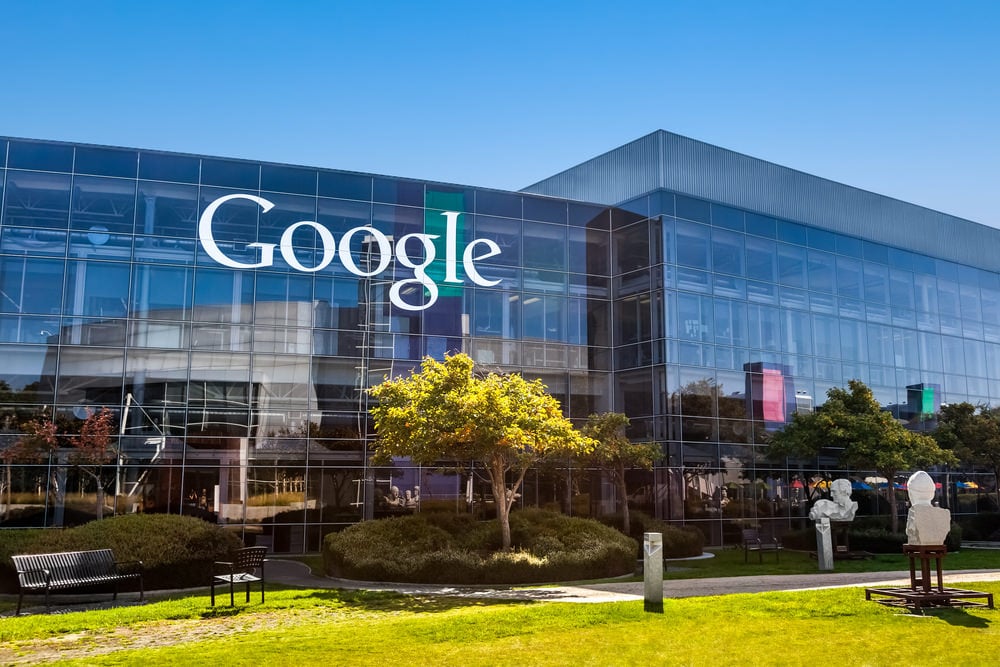Bitcoin is 100 times More Powerful than Google

Allow me to introduce you to someone who has the potential to be very important in the future of Bitcoin. His name is Balaji Srinivasan, and he is the chairman and co-founder of 21 Inc. What is 21 Inc? 21 Inc. is the Bitcoin startup that secured the most venture capital of any Bitcoin company in history, at $116 million. What do they need $116 million in venture capital for? They are investing in “future proprietary products designed to drive mainstream adoption of Bitcoin.” With that in mind, the research of 21 Inc. has highlighted some interesting Bitcoin factoids. One Srinivasan released at the second annual Bitcoin Job Fair held last weekend in Sunnyvale, California regarding how big Bitcoin has become in the computing world.
Google is big, but Bitcoin is bigger. How big is it?
Honestly, I looked online to find out what a petahash rate and a gigahash rate was, and that is one long rabbit hole, so I’ll leave the technical ramble to techies like Mr. Srinivasan. He makes the comparison to Google based on the fair assumption that they are using 1e7 servers, for 1e7 H/s per Xeon, and ~10 Xeons/server = 1 PH/s. One petahash equals 1,000,000 gigahash or 1000 terahashes. Bitcoin reached 1 PH/s of computing power/speed on September 15th, 2013. It is now normally working at over 350 PH/s, or over 350,000,000 GH/s.
“All of Google today would represent less than 1% of all of mining (Bitcoin operations worldwide). The sheer degree of what is happening in (Bitcoin) mining is not being appreciated by the press,” said Balaji Srinivasan at the Bitcoin Job Fair. “If we assume there are 10 million Google servers, and each of these servers is running, you can multiply that through and get one petahash. If they turned off all of their data centers and pointed them at Bitcoin (mining network), they would be less than 1% of the network.”
Could Google get that much power together? With billions and billions in their corporate coffers, yes they could. So could your government. This is if they wanted to dedicate everything they have to shut down Bitcoin, at the expense of actually running their own business. Why any private company would want to do that is unknown. Also given how fast Bitcoin’s processing power has increased 3500% in size, within the last eighteen months, how much longer before it is not an option at all? You can definitely make the argument that we are already at the point of no return as far as a third party overpowering Bitcoin’s network externally.
The moral of the story is if Google can’t even come close to matching Bitcoin’s CPU power without ridiculous capital investment, it is too powerful to contain by a third party. Even if you could overpower it, you’d control the BlockChain for all of the 10 minutes at the most before the network diagnoses the problem and navigates around your little speed bump. So good luck with that.
